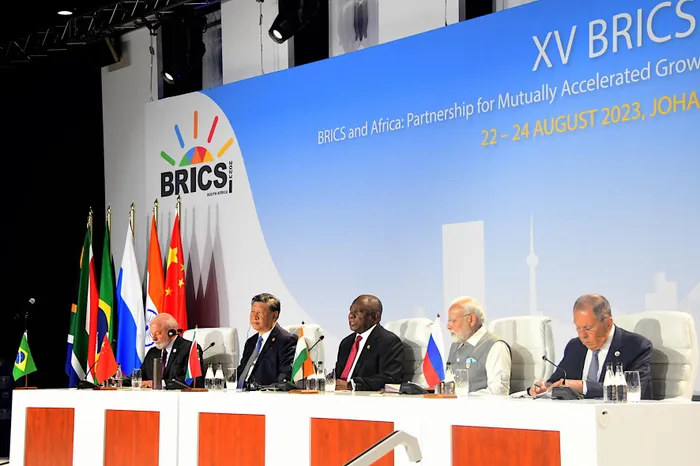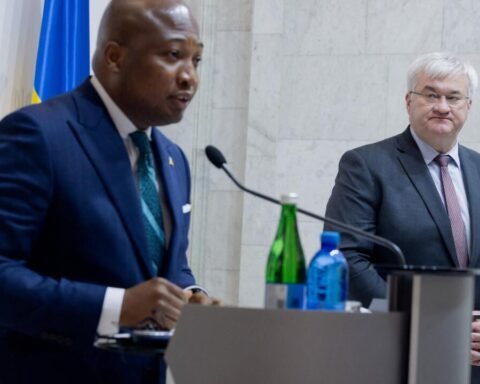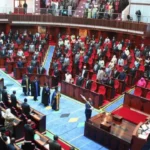As the world reconfigures its balance of power, African nations are increasingly drawn toward the orbit of BRICS—a geopolitical alliance consisting of Brazil, Russia, India, China, and South Africa.
Originally established as an informal bloc of fast-growing economies, BRICS has since evolved into a platform advocating for a multipolar world order and a counterweight to Western-dominated institutions such as the World Bank and the International Monetary Fund (IMF).
The return of Donald Trump to the U.S. presidency has introduced new friction in Washington’s relationship with BRICS. Known for his economic nationalism and protectionist policies, Trump has issued stark warnings against the bloc’s ambitions—especially its potential move toward launching a common BRICS currency to rival the U.S. dollar in international trade.
Such rhetoric reflects Washington’s growing concern over BRICS’ attempt to de-dollarize global trade—a move that could significantly reshape global finance and challenge U.S. economic supremacy.
Also Read; Trump to Host African Presidents for Economic Dialogue
Against this backdrop, African nations are presented with a rare strategic opportunity. By aligning more closely with BRICS, African states could:
- Diversify access to development financing through mechanisms like the New Development Bank (BRICS Bank);
- Strengthen South–South trade via continental corridors and the African Continental Free Trade Area (AfCFTA);
- Push for reform in global governance and UN Security Council representation;
- Leverage partnerships in digital infrastructure, renewable energy, and artificial intelligence;
- Build resilience through food security, climate adaptation, and intra-African cooperation.
A number of African countries, including Egypt, Ethiopia, Algeria, and Nigeria, have either formally applied or expressed strong interest in joining BRICS. Many African leaders see the bloc as a vehicle for:
- Economic diversification away from Western-dominated trade channels;
- Increased FDI (foreign direct investment) in priority sectors;
- More inclusive and equitable global development.
Even non-aligned countries are watching closely as BRICS expands its influence through forums, think tanks, and summits that now regularly include observers from Latin America, Southeast Asia, and the Middle East.
As the world continues to witness a fragmentation of old alliances and the emergence of new power centers, Africa’s potential partnership with BRICS represents more than just a geopolitical shift—it is a reassertion of the continent’s rightful place in shaping the 21st-century world order.
Whether the continent leverages this moment to its advantage remains a question of bold diplomacy, unified action, and a clear vision for the future.







